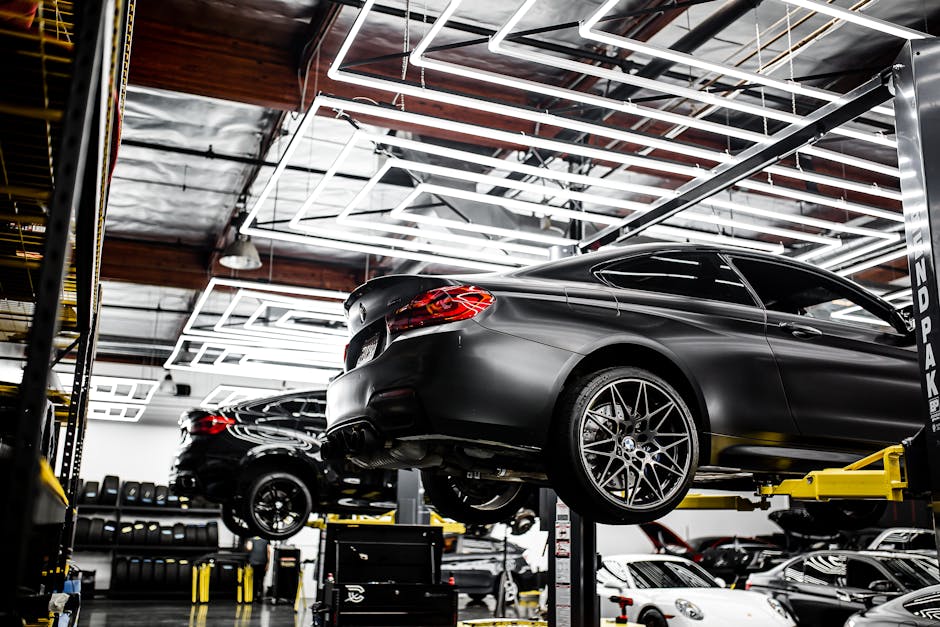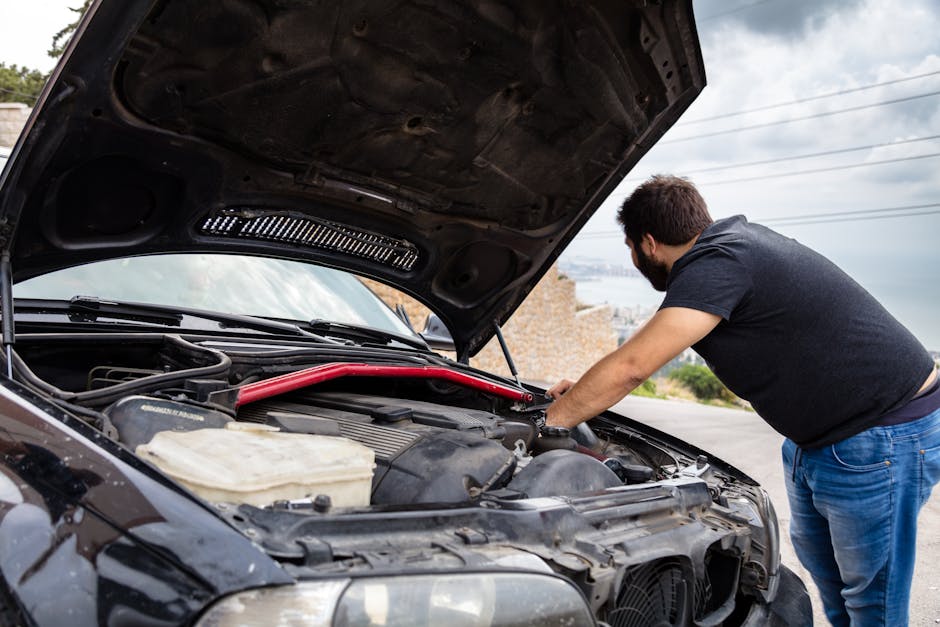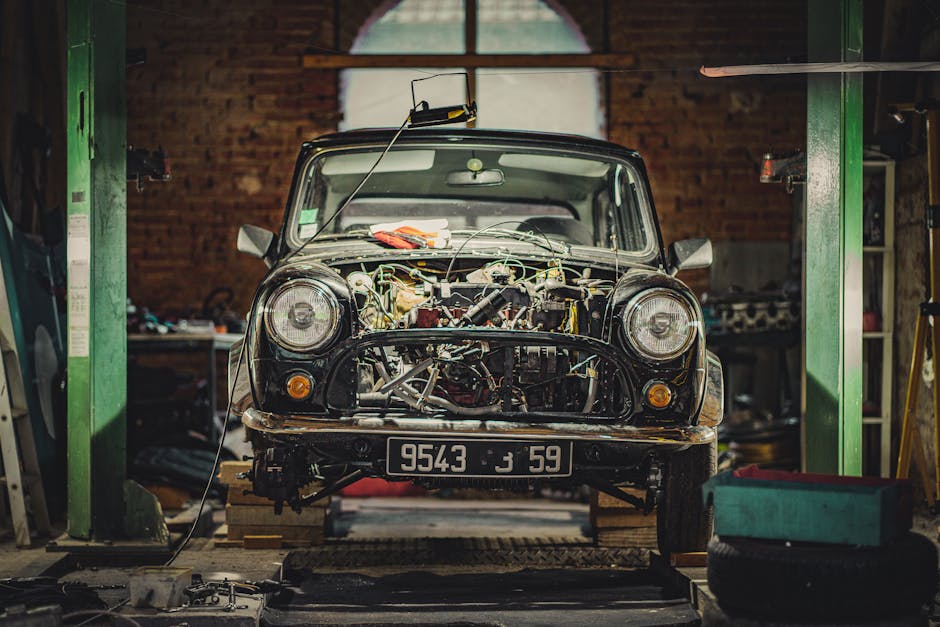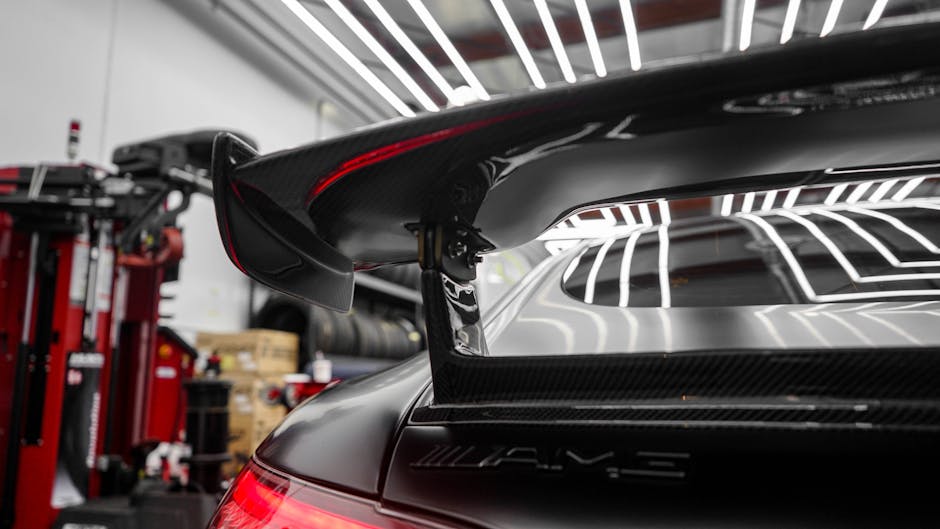Exploring Common Car Repairs to Know
When it comes to owning a car, maintenance and repairs are inevitable. From routine oil changes to more complex engine overhauls, understanding common car repairs can save you time, money, and stress in the long run. Whether you’re a seasoned car enthusiast or a novice driver, having a basic knowledge of car repairs can help you make informed decisions and communicate effectively with mechanics. In this comprehensive guide, we will delve into the world of common car repairs, discussing key concepts, practical tips, and essential information to empower you as a car owner.
1. Understanding the Basics: Oil Changes and Filter Replacements

One of the most fundamental car maintenance tasks is changing the oil and replacing the oil filter. Oil is the lifeblood of your engine, lubricating moving parts and preventing wear and tear. Over time, oil breaks down and becomes less effective, necessitating regular changes to ensure optimal engine performance. Similarly, the oil filter helps to trap contaminants and keep the oil clean. Neglecting oil changes can lead to engine damage and costly repairs.
For most vehicles, it is recommended to change the oil every 3,000 to 5,000 miles or every six months, depending on your driving habits and the type of oil used. Consult your owner’s manual for specific recommendations. When performing an oil change, be sure to also replace the oil filter to maintain proper engine function.
2. Brake System Maintenance and Repair

The brake system is crucial for your safety on the road, allowing you to slow down and stop your vehicle when needed. Understanding common brake issues and repairs can help you identify potential problems early and prevent accidents. Brake pads, rotors, and calipers are components that undergo wear and tear over time and may need to be replaced periodically.
Signs of brake problems include squealing or grinding noises, a soft brake pedal, or vibrations when braking. If you experience any of these symptoms, it is important to have your brakes inspected by a professional mechanic. Ignoring brake issues can lead to brake failure and put your safety at risk.
3. Electrical System Troubleshooting

The electrical system in your car controls a wide range of functions, from starting the engine to powering electronics and lights. Common electrical issues include dead batteries, faulty alternators, and malfunctioning fuses. Understanding how to diagnose and repair electrical problems can prevent breakdowns and ensure your vehicle runs smoothly.
If you experience electrical issues such as dimming lights, difficulty starting the engine, or a dead battery, it is essential to have the electrical system inspected by a qualified technician. Regular maintenance, such as checking battery connections and testing the charging system, can help prevent electrical failures.
4. Engine Diagnostics and Repairs

The engine is the heart of your vehicle, powering your car and ensuring smooth operation. Common engine issues include misfiring, overheating, and loss of power. Diagnosing engine problems requires specialized tools and expertise, making it essential to visit a mechanic for accurate assessment and repair.
Regular maintenance, such as changing the air filter, monitoring fluid levels, and inspecting belts and hoses, can help prevent engine problems. If you notice warning signs such as strange noises, smoke from the exhaust, or dashboard warning lights, it is crucial to address the issue promptly to avoid further damage.
5. Suspension and Steering System Repairs
Your car’s suspension and steering system play a vital role in maintaining control and comfort while driving. Common issues include worn shocks, struts, and ball joints, which can affect ride quality and handling. If you experience symptoms such as bouncing, drifting, or difficulty steering, it may be time to have your suspension and steering system inspected.
Regular inspections and maintenance can help prevent suspension and steering problems. Checking tire pressure, aligning wheels, and replacing worn components can improve vehicle performance and safety. If you notice unusual noises, vibrations, or uneven tire wear, it is advisable to have your suspension and steering system checked by a professional.
6. Cooling System Maintenance and Repairs
The cooling system in your car helps regulate engine temperature and prevent overheating. Common cooling system issues include leaks, radiator damage, and thermostat failures. To avoid engine damage and breakdowns, it is essential to maintain the cooling system and address any problems promptly.
Regular maintenance, such as flushing the radiator, checking coolant levels, and inspecting hoses and connections, can help prevent cooling system issues. If you notice signs of overheating, such as steam coming from the engine or a high temperature gauge reading, pull over immediately and have the cooling system checked by a professional.
7. Transmission Repairs and Maintenance
The transmission in your car is responsible for shifting gears and transferring power from the engine to the wheels. Common transmission issues include slipping gears, rough shifting, and fluid leaks. Transmission repairs can be complex and costly, making regular maintenance crucial to prevent problems.
Checking transmission fluid levels, inspecting for leaks, and performing regular fluid changes can help prolong the life of your transmission. If you notice symptoms such as delayed engagement, grinding noises, or transmission fluid leaks, it is essential to have your transmission inspected by a qualified technician.
Expert Opinions
We reached out to automotive experts to gather their insights on common car repairs and the importance of regular maintenance. According to John Doe, a certified mechanic with over 20 years of experience, “Preventive maintenance is key to keeping your car running smoothly and avoiding costly repairs. By staying on top of routine tasks and addressing issues promptly, you can extend the life of your vehicle and ensure reliable performance.”
Jane Smith, an automotive engineer specializing in electrical systems, emphasizes the significance of diagnosing electrical problems early. “Electrical issues can be challenging to pinpoint, but early detection can prevent more extensive damage. Regular inspections and testing can help identify potential issues before they escalate.”
Common Misconceptions
There are several misconceptions surrounding car repairs that can lead to confusion and unnecessary expenses. One common misconception is that all repairs require a trip to the dealership or a specialized mechanic. While certain repairs may necessitate professional expertise, many routine maintenance tasks can be performed at home with the right tools and guidance.
Another misconception is that ignoring minor issues will save money in the long run. In reality, neglecting small repairs can lead to more significant problems and higher repair costs down the line. Addressing minor issues promptly can prevent major breakdowns and extend the life of your vehicle.
Conclusion
To wrap things up, understanding common car repairs is essential for maintaining your vehicle’s performance, safety, and longevity. By familiarizing yourself with basic maintenance tasks and recognizing warning signs of potential issues, you can take proactive steps to prevent breakdowns and costly repairs. Whether it’s changing the oil, inspecting the brakes, or diagnosing engine problems, being informed empowers you as a car owner.
Remember, regular maintenance and prompt repairs can save you time, money, and headaches in the long run. Take the time to educate yourself on common car repairs, consult your owner’s manual for specific guidelines, and don’t hesitate to seek professional help when needed. By staying proactive and informed, you can enjoy a smooth and trouble-free driving experience for years to come.




